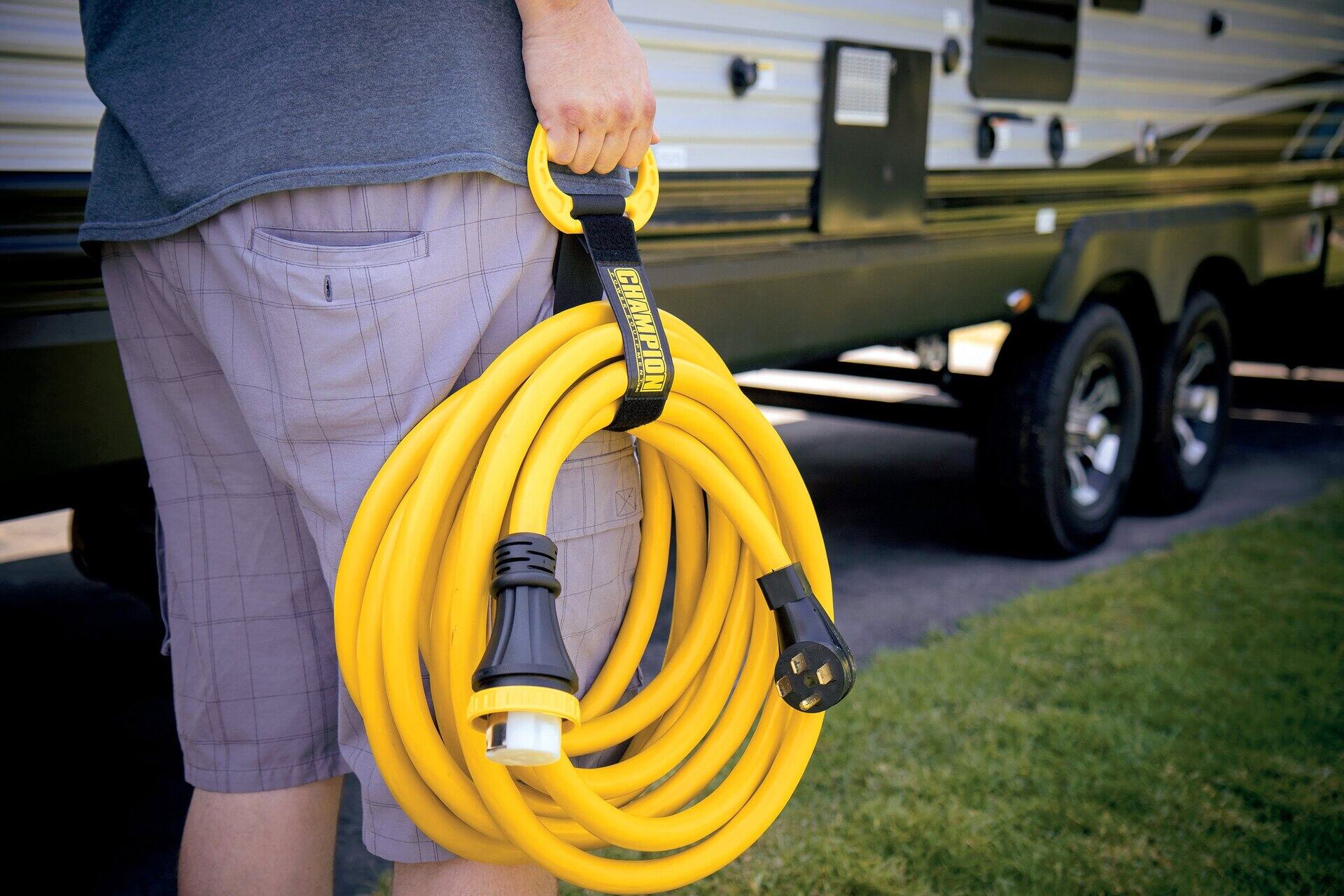

Articles
What Is An Extension Cord
Modified: October 18, 2024
Discover the versatility of extension cords with our informative articles. Find out how to choose the right cord for your needs and use them safely.
(Many of the links in this article redirect to a specific reviewed product. Your purchase of these products through affiliate links helps to generate commission for Storables.com, at no extra cost. Learn more)
Introduction
An extension cord is a versatile electrical accessory that allows you to extend the reach of your electrical devices. It is a simple yet essential tool that can be found in homes, offices, and construction sites. Whether you need to connect a lamp to a distant power outlet or bring power to your outdoor tools, an extension cord can provide the solution.
Extension cords come in various sizes, lengths, and configurations to accommodate different needs. They allow you to conveniently access power sources that may be out of reach, making them a practical solution in situations where the existing electrical infrastructure is not sufficient.
In this article, we will explore the definition of an extension cord, the different types available, common uses, safety considerations, and proper maintenance. By understanding the ins and outs of extension cords, you will be equipped with the knowledge to use them safely and effectively.
Key Takeaways:
- Extension cords are versatile tools designed to extend the reach of electrical devices, providing power flexibility in various settings, but it’s crucial to prioritize safety to prevent electrical hazards and accidents.
- Understanding the different types of extension cords and selecting the appropriate one for specific needs is essential for safe and efficient power extension, ensuring that extension cords are used as temporary solutions, not long-term substitutes for proper electrical installations.
Read more: What Gauge Is An Extension Cord
Definition of an Extension Cord
An extension cord is a flexible electrical cable with a plug on one end and one or multiple outlets on the other end. It is designed to extend the reach of a power source, allowing electrical devices to be connected to an outlet that is further away.
The construction of an extension cord typically consists of a reinforced outer jacket made of durable materials like rubber or vinyl, which protects the electrical wires inside. The wires are usually copper conductors that carry the electrical current from the power source to the connected devices.
Extension cords come in different lengths, ranging from a few feet to several hundred feet, allowing the user to choose the appropriate length based on their specific needs. The cord length is an important consideration to ensure that the connected devices can reach the desired location without placing undue strain on the cord.
In addition to the cord length, extension cords are available in various wire gauges, denoted by numerical values such as 14, 16, or 18. The wire gauge determines the amount of electrical current that the cord can safely handle. The lower the gauge number, the higher the capacity of the cord to carry current. It is important to choose an extension cord with an appropriate wire gauge that matches the power requirements of the devices being connected.
Extension cords may also include built-in safety features such as grounding prongs or surge protection to protect against electrical hazards and power surges. These features add an extra layer of protection and should be considered when selecting an extension cord.
Overall, the primary purpose of an extension cord is to provide a convenient and flexible solution for accessing power sources that are not easily accessible. They offer a practical way to use electrical devices in a variety of settings, making them an essential tool in our modern world.
Types of Extension Cords
Extension cords come in a variety of types, each designed for specific applications and environments. Understanding the different types will help you choose the right extension cord for your needs. Here are some of the most common types:
- Indoor Extension Cords: These extension cords are designed for indoor use and are not suitable for outdoor or wet locations. They typically have a thinner construction and are intended for use with low-power devices such as lamps, chargers, and small appliances.
- Outdoor Extension Cords: Outdoor extension cords are designed to withstand the elements and can be safely used in outdoor locations. They are usually constructed with thicker, durable materials to protect the electrical wires from moisture, heat, and cold. These cords are commonly used for powering outdoor tools, holiday decorations, and other outdoor electrical devices.
- Heavy-Duty Extension Cords: Heavy-duty extension cords are built to handle high-power devices and larger electrical loads. They have a thicker wire gauge, typically 12 or 10, which allows them to carry more current without overheating. These cords are commonly used on construction sites, workshops, and other environments where heavy machinery and power tools are in use.
- Multi-Outlet Extension Cords: Multi-outlet extension cords feature multiple outlets along the length of the cord, allowing you to plug in several devices simultaneously. They are convenient for powering multiple devices in one location, eliminating the need for multiple extension cords or power strips.
- Specialty Extension Cords: There are also extension cords designed for specific purposes. For example, there are cords with built-in USB ports for charging mobile devices, cords with retractable reels for easy storage, and cords with locking mechanisms to prevent accidental disconnection. These specialty cords cater to specific needs and can offer added convenience and functionality.
When selecting an extension cord, it is important to choose one that is appropriate for your specific needs and environment. Consider factors such as the length, wire gauge, and any additional features that may be required to ensure safe and efficient power extension.
Common Uses of Extension Cords
Extension cords have numerous practical applications in both residential and commercial settings. Here are some common uses for extension cords:
- Powering Outdoor Equipment: Extension cords are often used to provide power to outdoor equipment such as lawnmowers, hedge trimmers, and leaf blowers. They allow you to work freely without the constraints of a limited power source or the need to move the equipment.
- Lighting: In situations where there is no electrical outlet nearby, extension cords can be used to connect lamps or light fixtures to power sources. This is particularly useful for providing temporary lighting in outdoor areas or during renovations.
- Tools and Machinery: Construction sites, workshops, and DIY projects often require the use of power tools and machinery. Extension cords are essential in these scenarios, allowing the devices to be powered from a distance, providing flexibility and mobility.
- Entertainment Systems: Home entertainment systems often have a variety of devices that need to be connected to power sources. Extension cords can help organize and manage the various power cables, ensuring that all devices can be easily plugged in.
- Outdoor Events: Whether it’s a backyard barbecue, a camping trip, or a festive event, extension cords are frequently used to set up outdoor lighting, audio systems, and other electrical devices to create a comfortable and enjoyable atmosphere.
- Temporary Power Solutions: During construction or renovation projects, extension cords can be used to bring temporary power to different areas of the site. They provide flexibility and convenience in accessing power sources during the construction process.
- Holiday Decorations: From string lights to inflatable figures, holiday decorations often require power sources that may not be conveniently located. Extension cords make it easy to power and position these decorations, adding a festive touch to your home.
These are just a few examples of the common uses for extension cords. Their flexibility and portability make them a practical option in situations where a power source is not readily available or within reach. However, it’s important to use extension cords safely and ensure that they are suitable for the specific use case and environment.
When using an extension cord, make sure it is rated for the intended use (indoor or outdoor) and the power requirements of the devices you will be using. Avoid overloading the cord to prevent overheating and potential fire hazards.
Safety Considerations for Extension Cord Usage
While extension cords are convenient and useful, it is crucial to prioritize safety when using them. Here are some important safety considerations to keep in mind:
- Choose the Right Extension Cord: Ensure that you select an extension cord that is appropriate for the intended purpose. Consider factors such as the power requirements of the devices you will be using and the environment in which the cord will be used (indoor or outdoor).
- Inspect the Cord: Before each use, carefully inspect the extension cord for any signs of wear, damage, or frayed wires. Do not use a damaged cord as it can pose a serious risk of electrical shock or fire.
- Do Not Overload: Avoid overloading the extension cord by plugging in devices that exceed its capacity. Each extension cord has a maximum wattage or amp rating specified by the manufacturer. Exceeding this limit can cause the cord to overheat and potentially lead to a fire.
- Avoid Prolonged Use: Extension cords are intended for temporary or occasional use. Avoid using them as a permanent solution for powering devices. If you require a long-term power source, consult an electrician to install the appropriate electrical outlets.
- Proper Placement: Place extension cords away from high-traffic areas and where they will not be stepped on, pinched, or tripped over. Ensure that they are not a tripping hazard and do not run them under carpets or rugs, as this can cause overheating.
- Keep Away from Water: Unless specifically designed for outdoor or wet conditions, extension cords should always be kept away from water sources to avoid the risk of electrical shock. Protect the cords from rain, snow, and other forms of moisture that can damage the insulation and compromise safety.
- Unplug Safely: When disconnecting devices from an extension cord, pull the plug, not the cord itself. Pulling on the cord can cause strain, damage, or accidentally disconnect other devices plugged into the same outlet.
- Store Properly: When not in use, coil the extension cord loosely and store it in a dry, cool place. Avoid tightly coiling the cord, as this can cause damage to the wires.
- Use Ground Fault Circuit Interrupters (GFCI): In areas where there is an increased risk of electrical shock, such as near water sources, use extension cords equipped with Ground Fault Circuit Interrupters. GFCIs immediately cut off the power in the event of a ground fault, protecting against electrical shocks.
By following these safety considerations, you can ensure the safe and reliable use of extension cords while minimizing the risk of electrical hazards and accidents.
Read more: What Is Polarized Extension Cord
Proper Maintenance and Care for Extension Cords
Proper maintenance and care of your extension cords are essential to ensure their longevity and safe operation. By following these guidelines, you can maximize the lifespan of your cords and minimize the risk of electrical hazards:
- Regular Inspection: Inspect your extension cords regularly for any signs of wear, damage, or frayed wires. Check the entire length of the cord, including the plug and outlets, for any issues. If you notice any damage, replace the cord immediately.
- Keep Them Clean: Keep your extension cords clean and free of any debris or dirt. Dust and dirt can accumulate on the cords over time and may affect their performance. Wipe them down periodically with a clean, dry cloth to remove any residues.
- Avoid Overheating: Extension cords can become warm during use, but if they become excessively hot, it may indicate an issue. Avoid using extension cords that overheat, as it can lead to melting or fire. Do not place them near heat sources or cover them with materials that can prevent proper ventilation.
- Proper Storage: When not in use, coil the extension cords loosely to prevent kinks and tangles. Avoid tightly wrapping them, as it can damage the wires. Store them in a dry, cool place away from direct sunlight to avoid any degradation of the cord’s materials.
- Avoid Overstretching: Do not use extension cords that are too short for the desired application, as it can lead to excessive stretching and strain on the cords. Using an extension cord that is too short can also cause overheating. Always choose a cord that provides enough length without excessive stretching.
- Avoid Overloading: Overloading an extension cord can cause overheating and potential fire hazards. Be mindful of the power requirements of the devices you connect and ensure that the extension cord can handle the load. If multiple devices need to be plugged in, use power strips or multiple extension cords rather than overloading a single cord.
- Store Safely: When storing extension cords, keep them away from sharp objects or items that could cause damage. Avoid placing heavy objects on top of the cords, as it can cause compression or pinching of the wires. Proper storage is crucial to maintaining the integrity of the cords.
- Unplug Carefully: When unplugging devices from an extension cord, handle the plug itself and avoid pulling on the cord. Yanking on the cord can damage the insulation and weaken the internal wires, leading to potential hazards.
- Do Not Modify: Do not modify or alter the extension cord in any way. Cutting or splicing the cord, removing grounding prongs, or attempting to repair it yourself can compromise its safety and reliability. If repairs are needed, have them done by a qualified professional.
- Use with Care: Treat your extension cords with care, avoiding sharp bends, kinks, or twisting. Be mindful of their placement to prevent tripping hazards or accidental damage. Ensure that they are used within their designated temperature and environmental ranges.
By following these maintenance and care practices, you can extend the lifespan of your extension cords and maintain their safety and performance over time.
Conclusion
Extension cords are versatile tools that provide a convenient solution for accessing power sources in various settings. They allow us to extend the reach of electrical devices and bring power to places that may be out of reach. However, it is essential to prioritize safety when using extension cords to prevent electrical hazards and accidents.
Understanding the different types of extension cords available and selecting the appropriate cord for your needs is crucial. Whether it’s an indoor, outdoor, heavy-duty, or specialty extension cord, choosing the right one ensures safe and efficient power extension.
Common uses for extension cords range from powering outdoor equipment and lighting to facilitating the use of tools, entertainment systems, and holiday decorations. Their flexibility makes them a practical solution in various scenarios, both at home and in commercial environments. However, it’s important to remember that extension cords should be used as temporary solutions and not as a long-term substitute for proper electrical installations.
When using extension cords, it’s essential to prioritize safety. Inspecting the cord, avoiding overloading, proper placement, and keeping them away from water sources are vital safety considerations. Additionally, proper maintenance and care, such as regular inspection, cleaning, and storage, help ensure the longevity and safe operation of your extension cords.
In conclusion, extension cords are valuable tools that provide power flexibility and convenience in a range of situations. By understanding the types, uses, safety considerations, and proper maintenance, you can use extension cords safely and effectively, enhancing both convenience and safety in your electrical setups.
Frequently Asked Questions about What Is An Extension Cord
Was this page helpful?
At Storables.com, we guarantee accurate and reliable information. Our content, validated by Expert Board Contributors, is crafted following stringent Editorial Policies. We're committed to providing you with well-researched, expert-backed insights for all your informational needs.
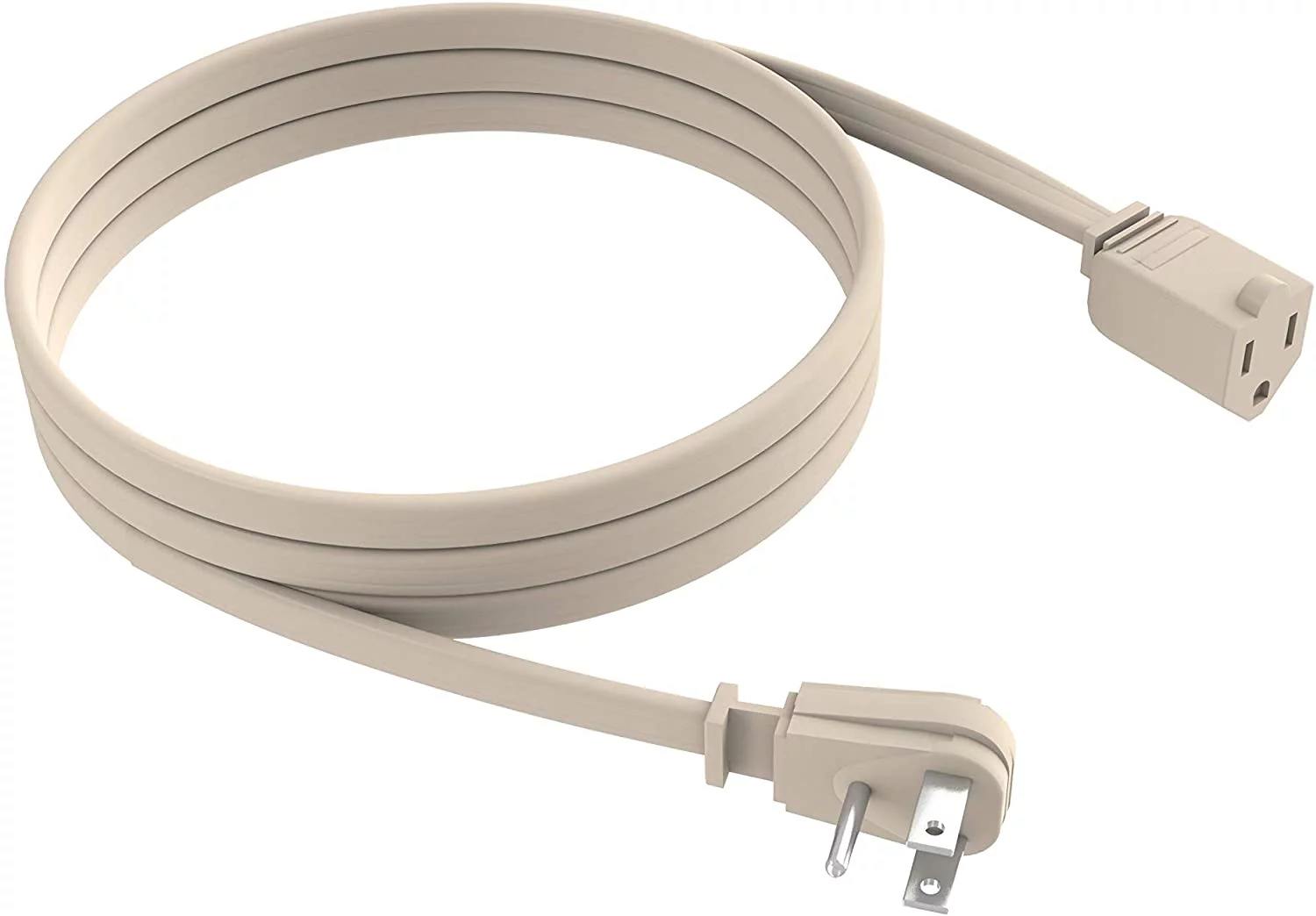
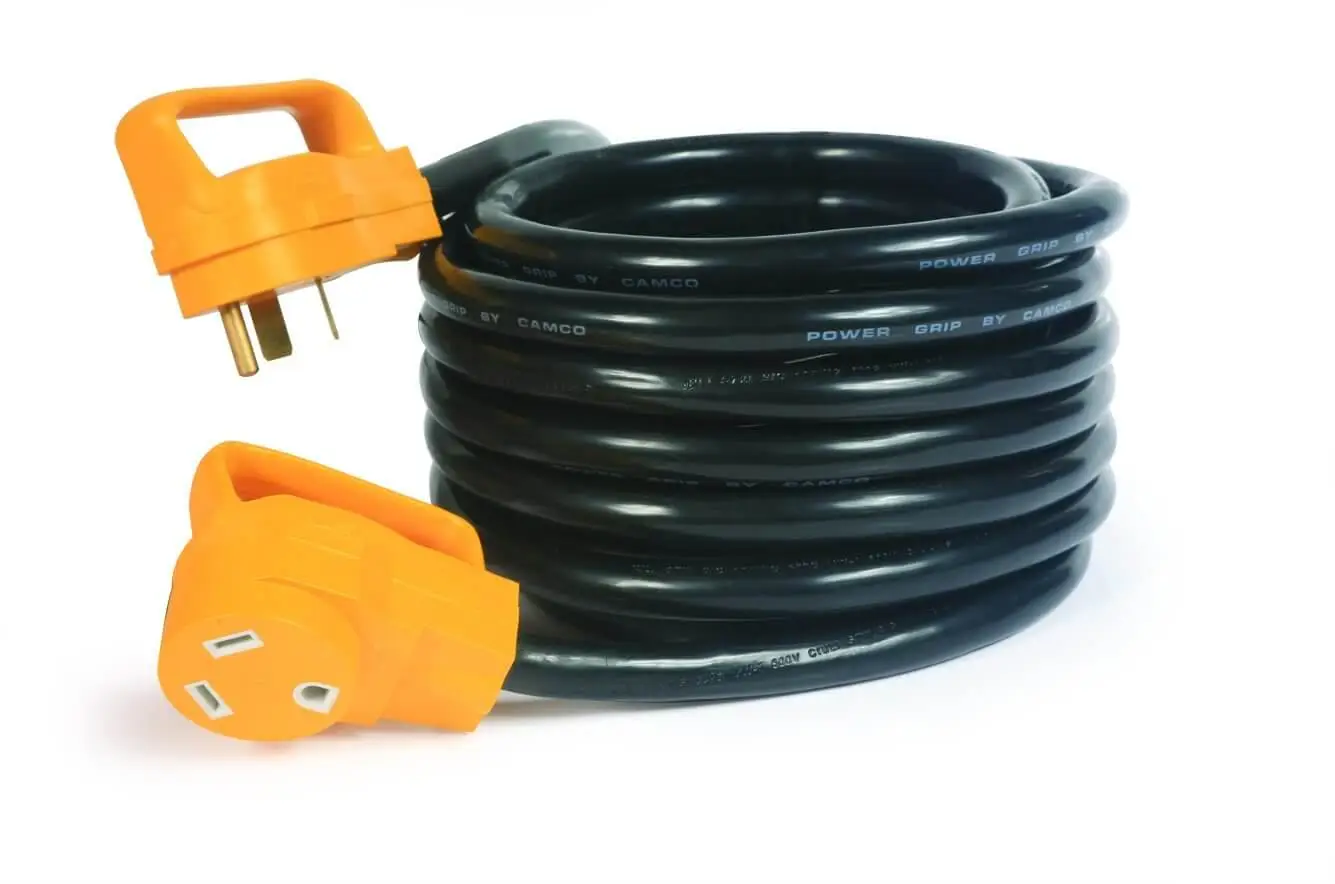
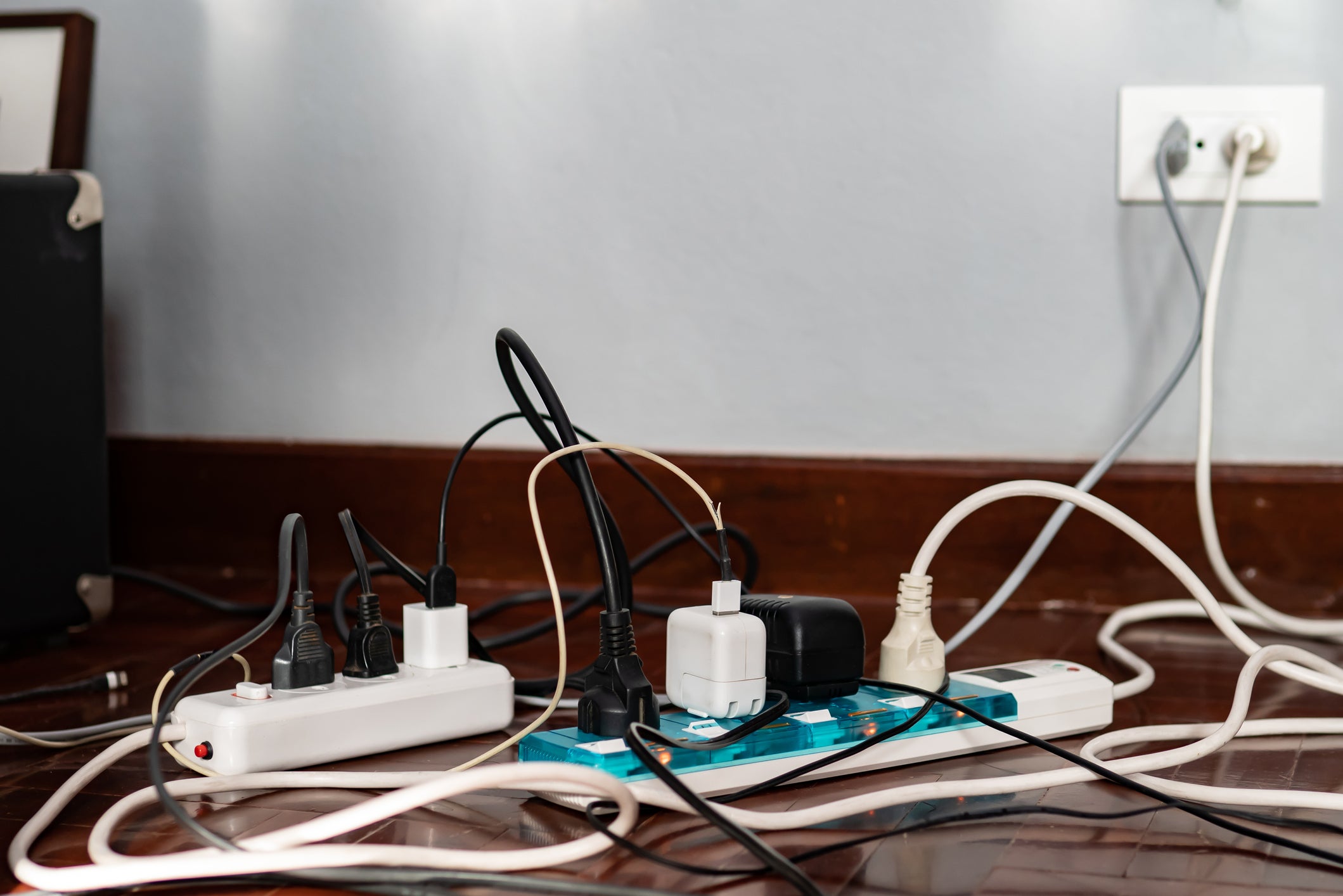
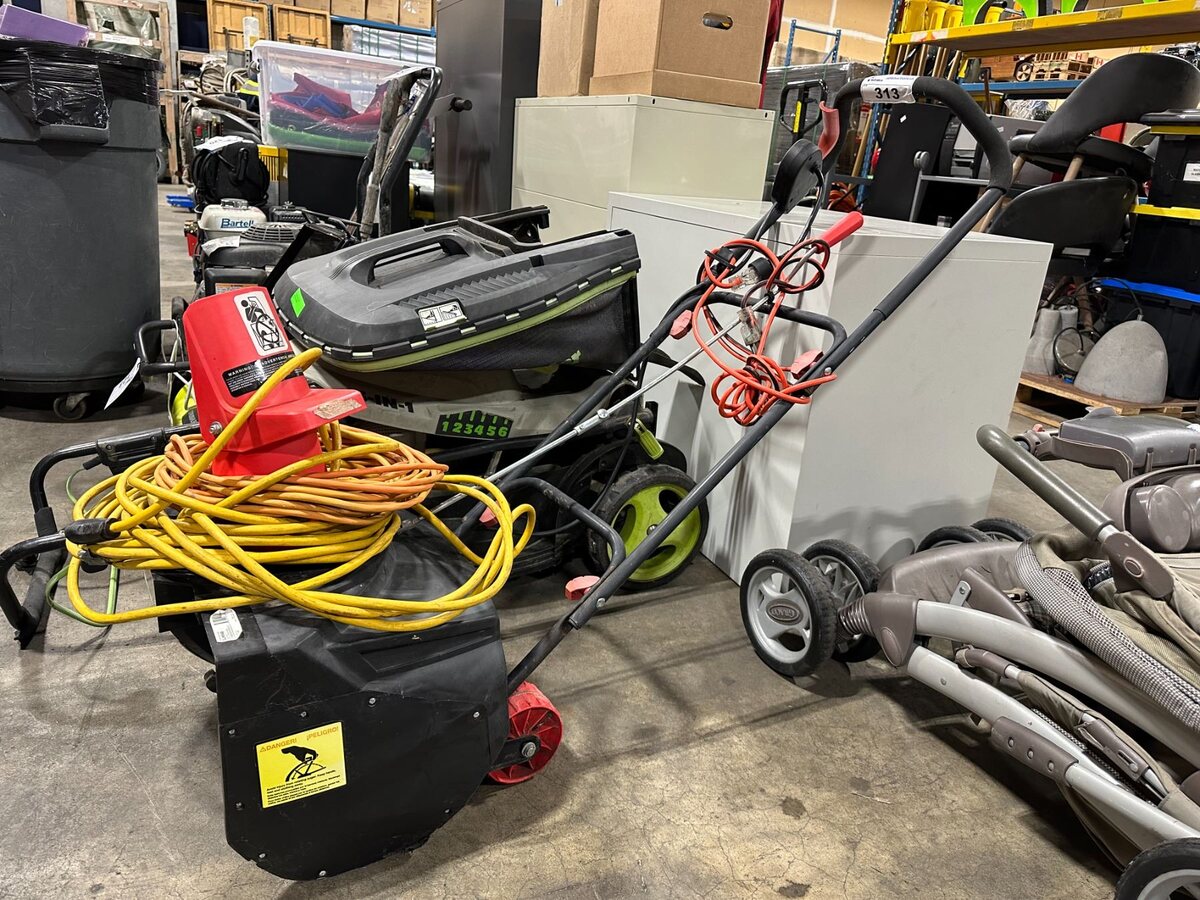
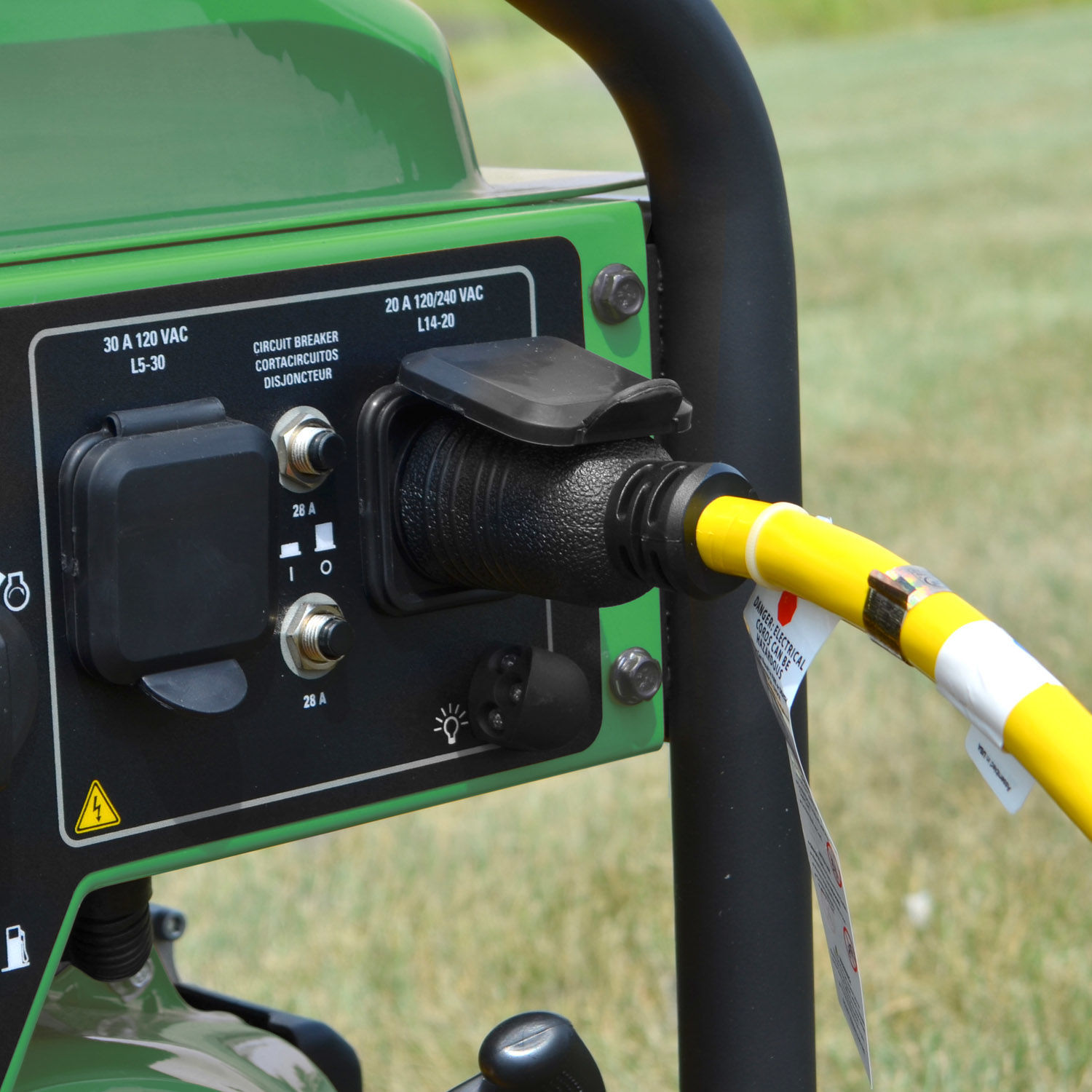
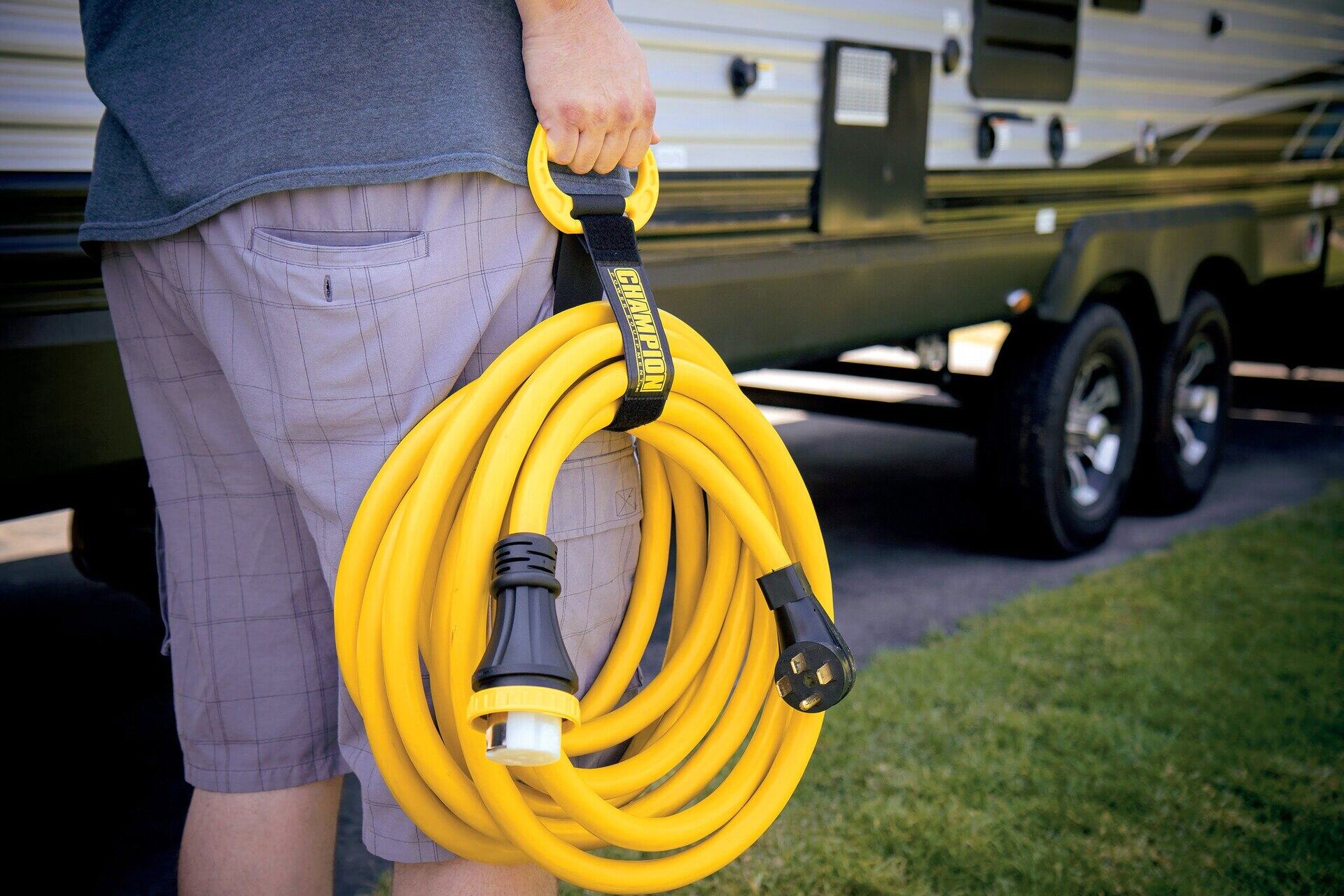
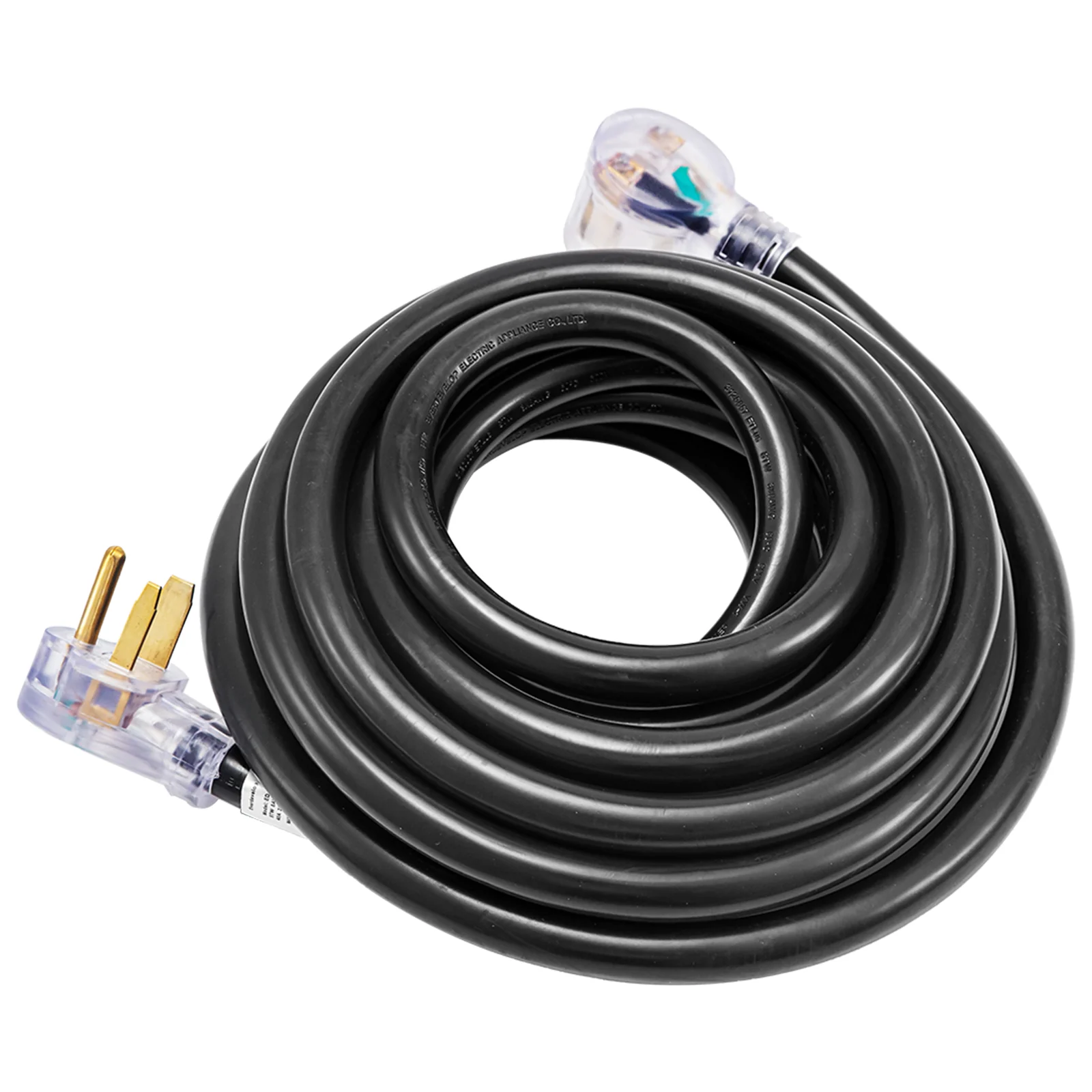
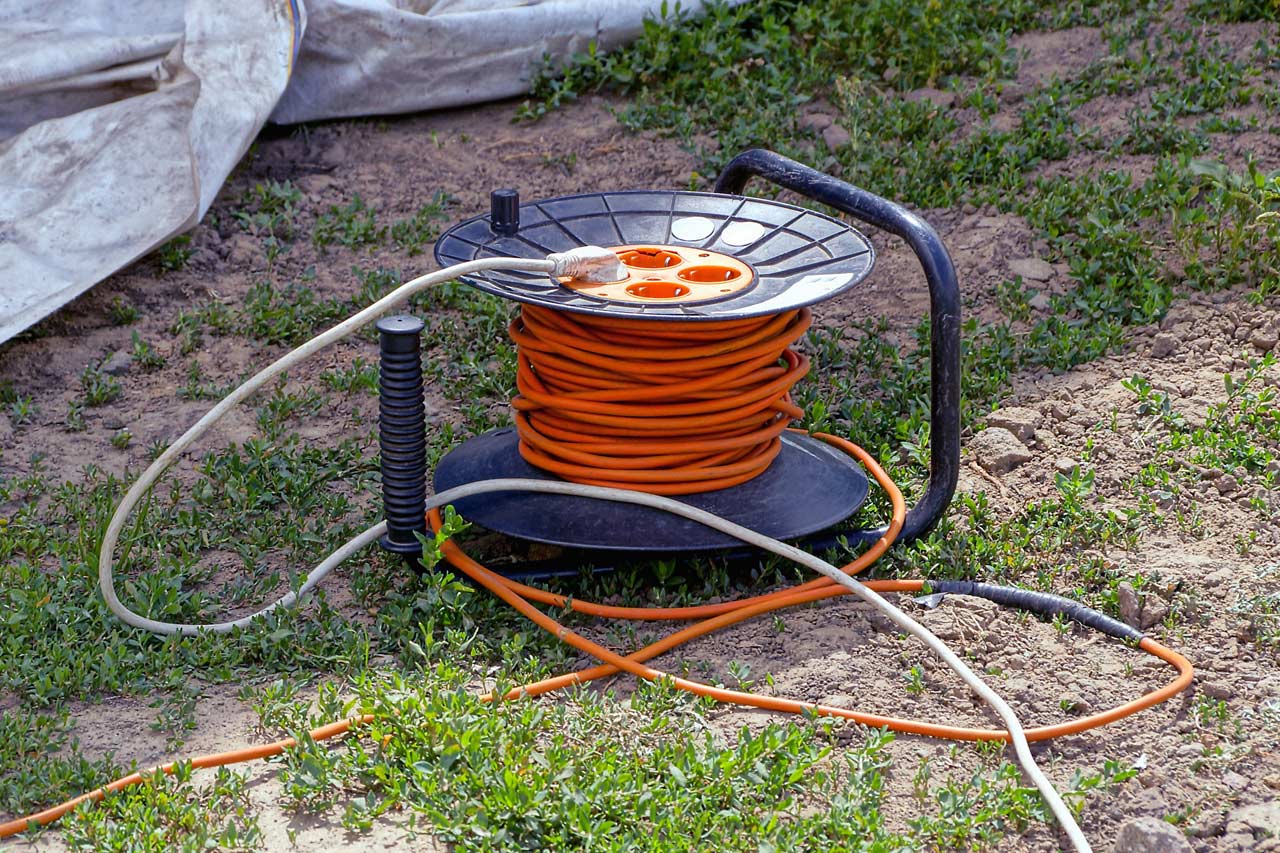
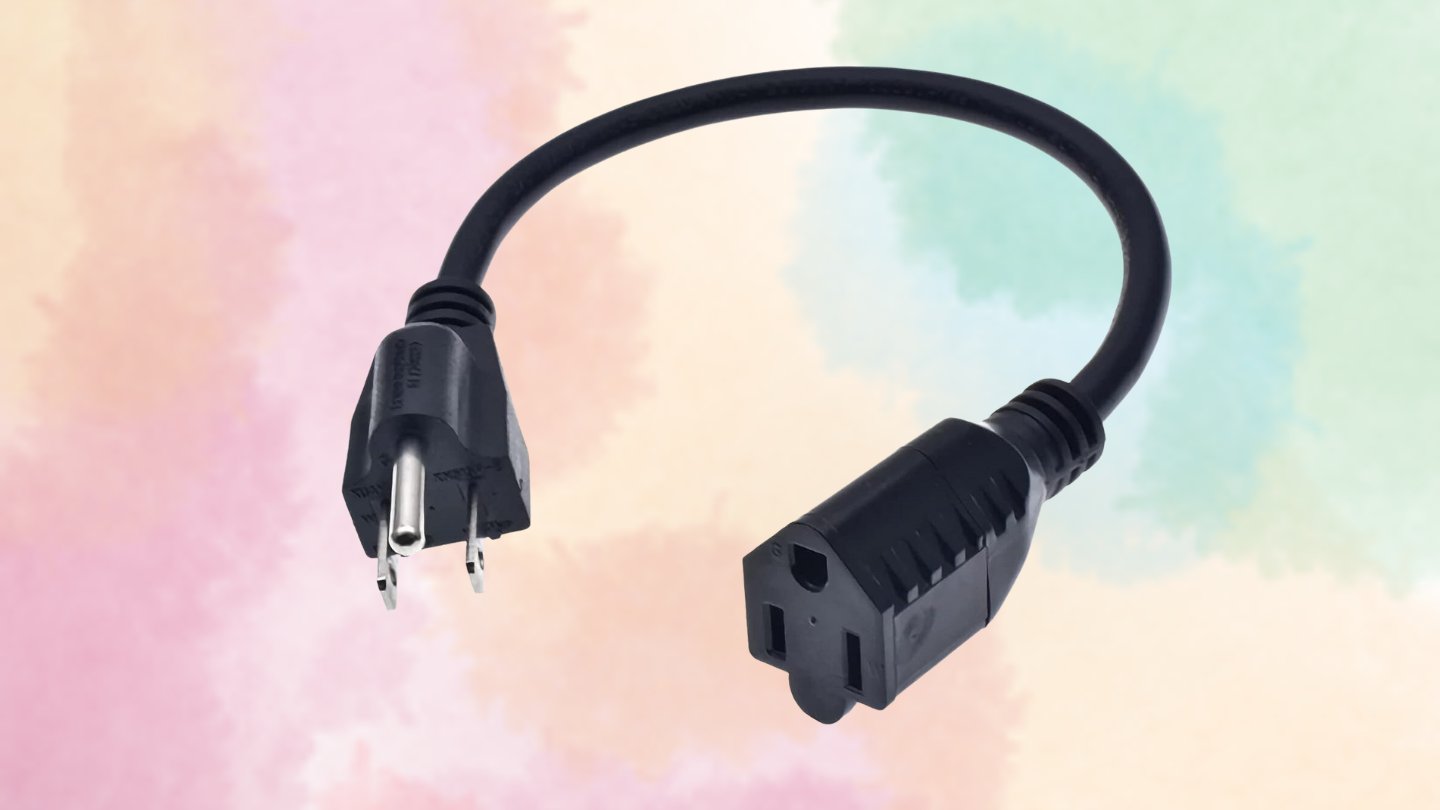
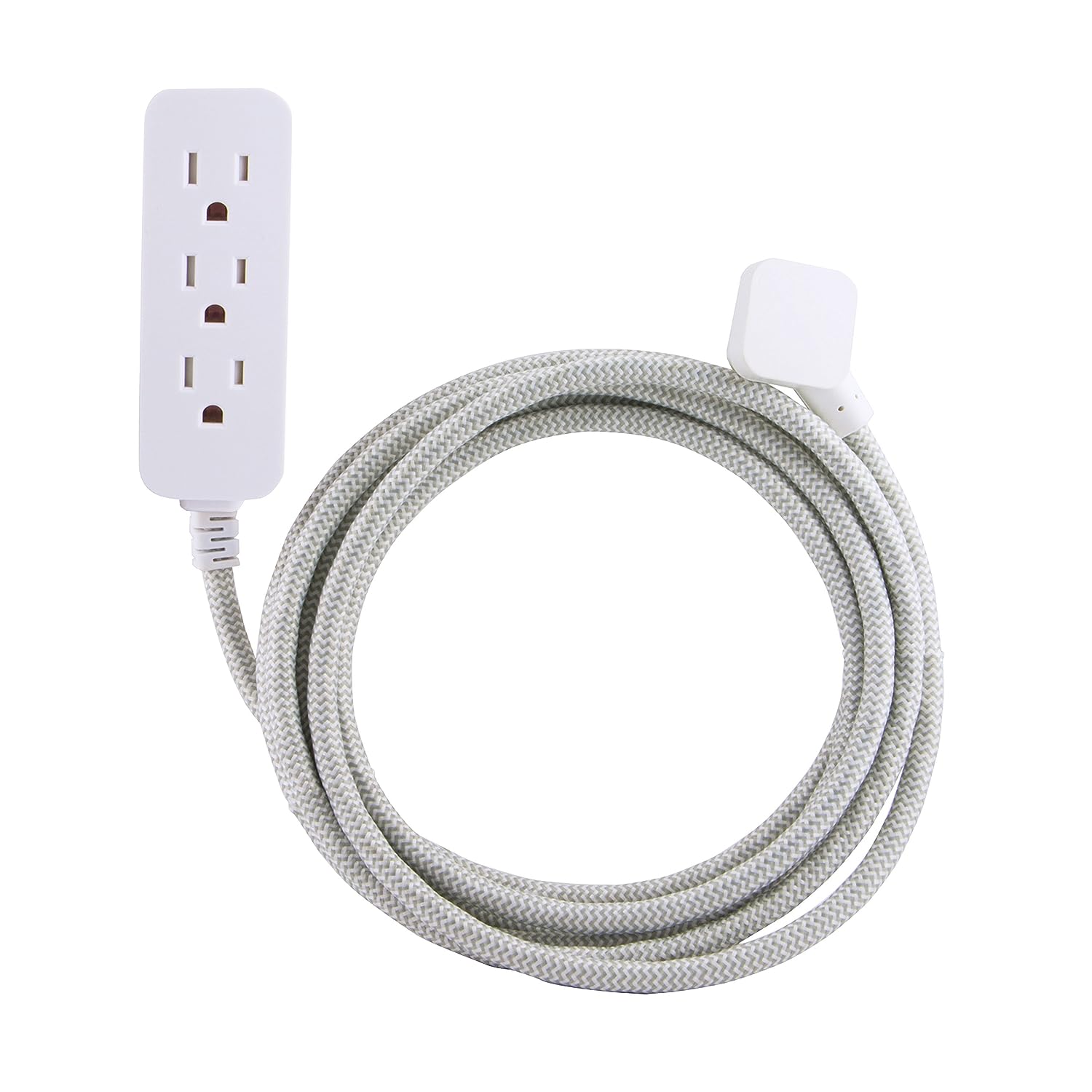
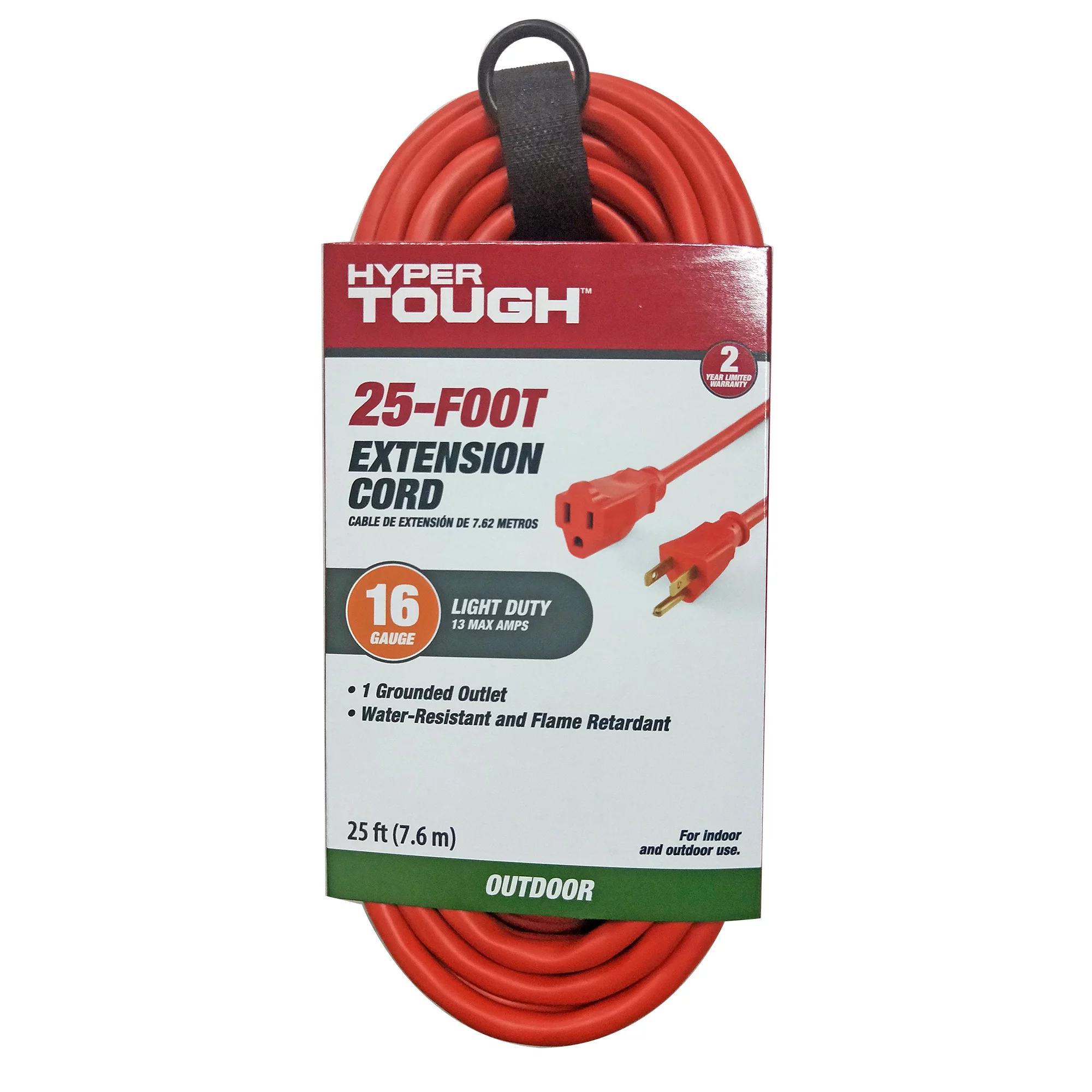
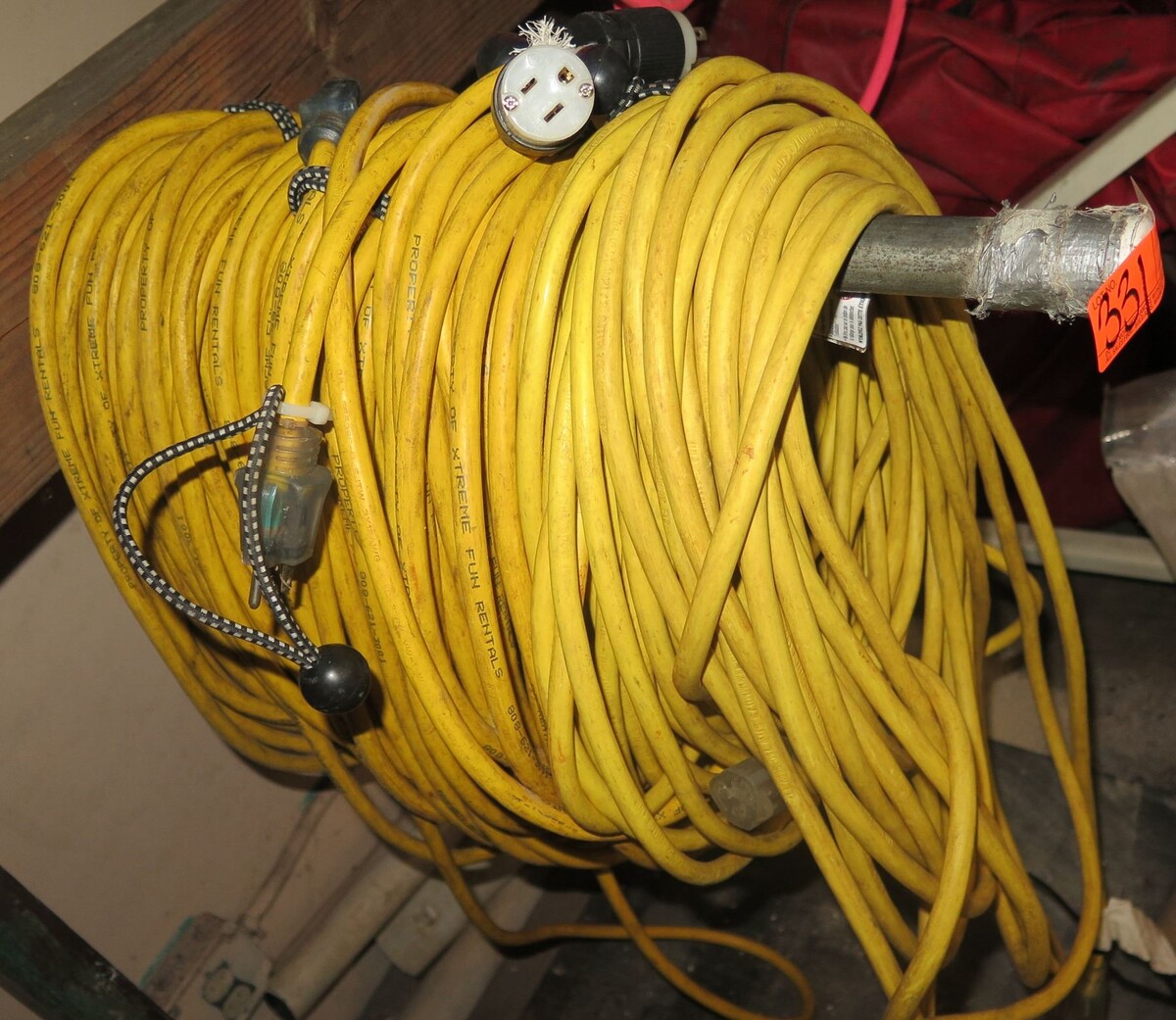
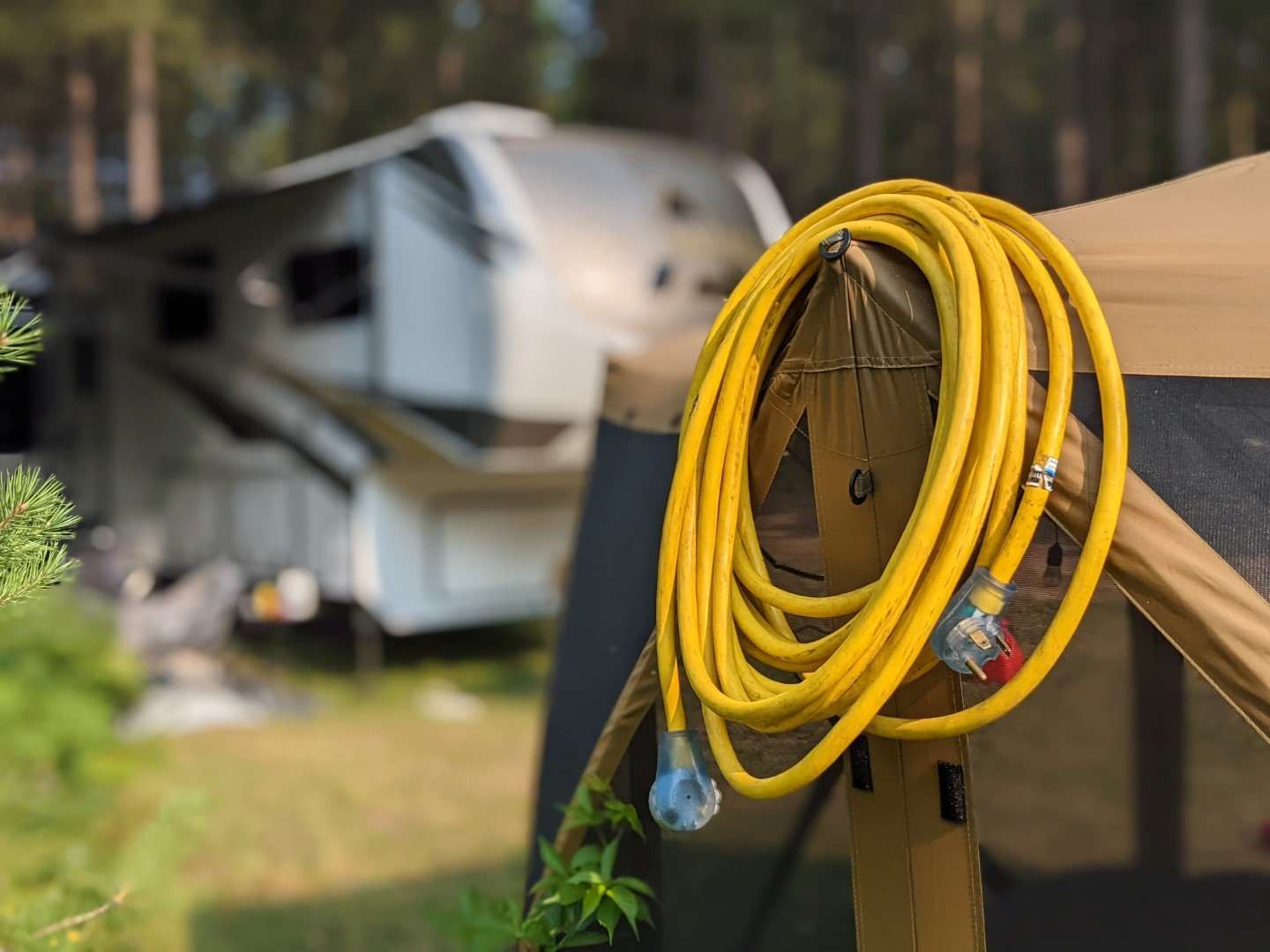
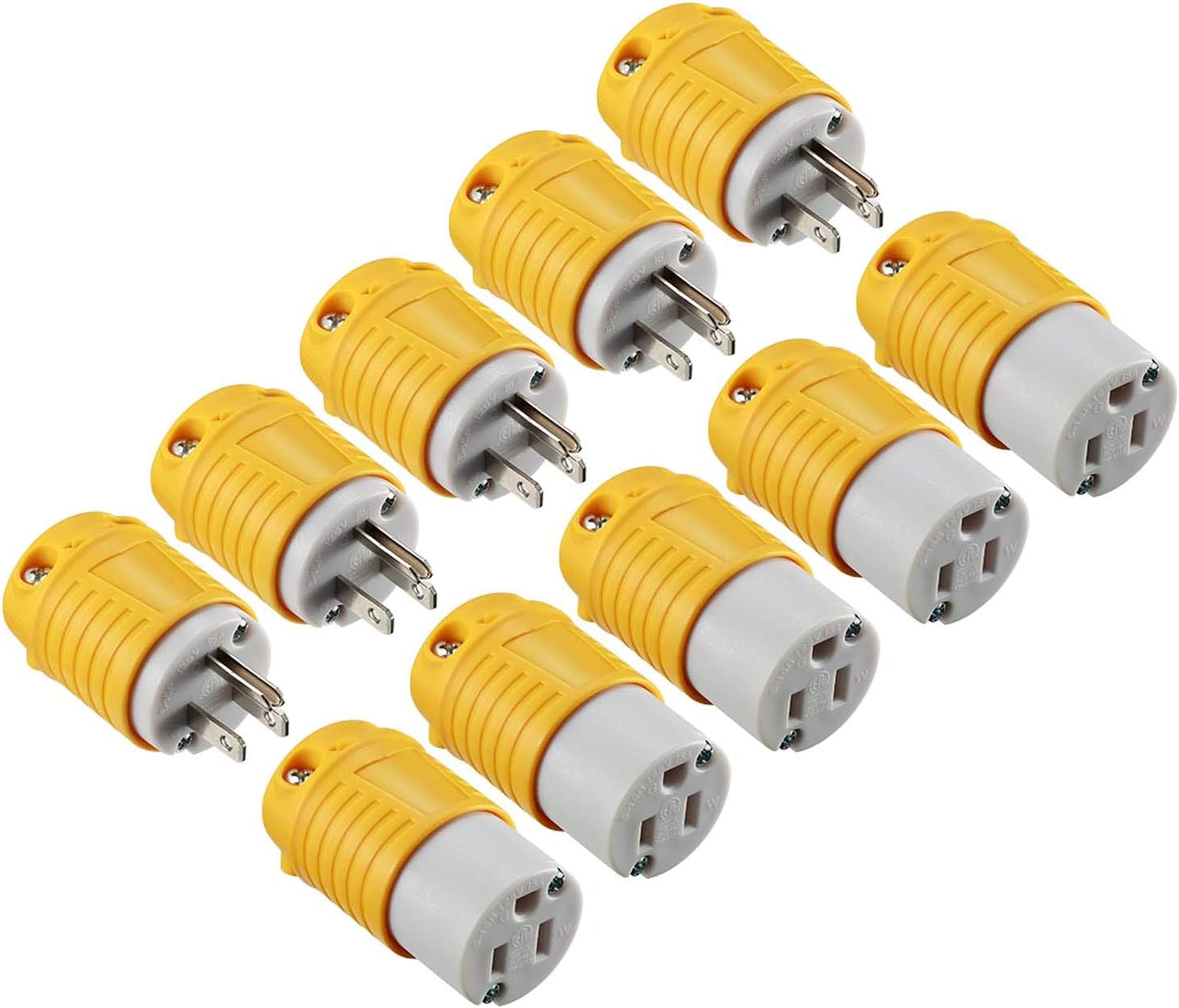

0 thoughts on “What Is An Extension Cord”